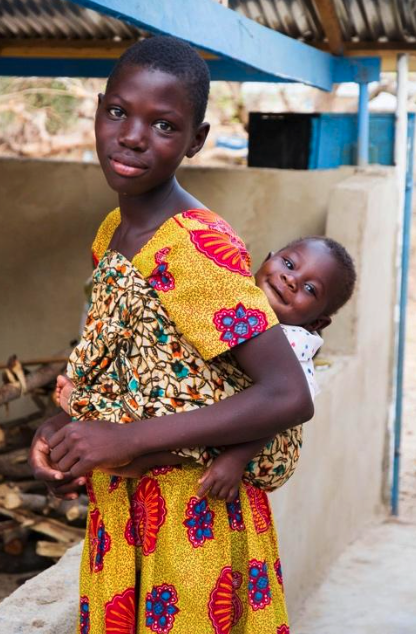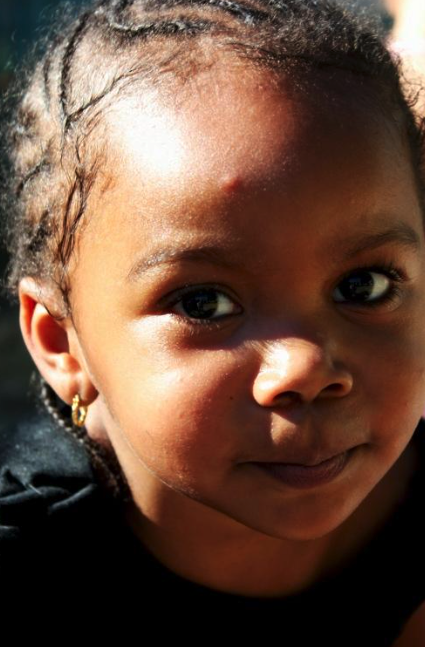This is primarily being tackled through legislative advocacy, education, and support for victims.

Government agencies, international organizations, and NGOs are currently providing contraceptives.
Nonprofits can promote self-reliance by working with countries to obtain sustainable financing for women’s health, strengthening public health systems, and fostering local affordable production.

Nearly 5 million deaths occur each year among children under 5 years of age. The primary cause of these deaths remains to be infectious diseases, including acute respiratory infections, diarrhea, and malaria. Vaccinations against infectious diseases save lives, improve overall health, and increase economic productivity.
We support an organization that vaccinates children to protect against the spread of infectious diseases.
The path out of reliance begins with the country co-financing part of the vaccine cost. They continually finance an increased percentage until they are fully self-sufficient.

700 million people around the world face hunger. 9 million people starve to death every year. Rates are projected to climb due to various factors, including conflict, climate change, economic instability, and a rise in global population. These factors disproportionally impact low-income countries.
We support an organization that feeds the most vulnerable people. They respond to emergencies like conflict and natural disasters. They provide school meals to improve attendance, work with farmers to recover from disasters, and help those farmers adapt to climate change.
Future solutions to ending global hunger include becoming optimally resilient to climate change, continuously increasing crop yields, and providing additional assistance to farmers in areas of greatest need.

2.2 billion live without access to clean water. Millions of people die annually due to inadequate water, sanitation, and hygiene.
We support an organization providing access to small, easily repayable loans to people without access to clean water.
The primary solutions to the global water crisis are investing in water infrastructure, promoting sustainable practices such as using water-efficient irrigation systems, and promoting conservationism in water-insecure areas.

Thank you for your interest in our company. Complete the form below to send us an email, or simply give us a call. We’re looking forward to working with you.